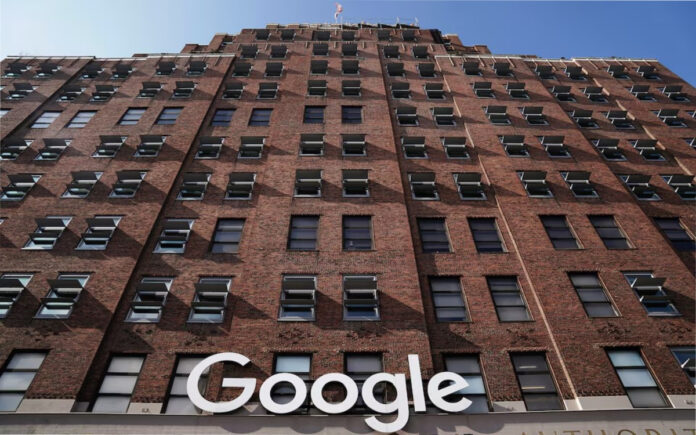London: Britain’s antitrust regulator announced on Friday that it has provisionally determined that Alphabet’s Google has misused its dominant position in digital advertising to stifle competition. The Competition and Markets Authority (CMA) alleges that Google is engaging in anti-competitive practices by favoring its own ad exchange in the open display ad tech market, potentially harming thousands of British publishers and advertisers.
“We’ve provisionally found that Google is using its market power to hinder competition when it comes to the ads people see on websites,” said Juliette Enser, the CMA’s interim executive director of enforcement. “Many businesses are able to keep their digital content free or cheaper by using online advertising to generate revenue. Adverts on these websites and apps reach millions of people across the UK – assisting the buying and selling of goods and services.”
In response, Google disputed the CMA’s findings, asserting that its advertising technology supports websites and apps by helping them fund their content and reach new customers. “Google remains committed to creating value for our publisher and advertiser partners in this highly competitive sector. The core of this case rests on flawed interpretations of the ad tech sector,” stated Dan Taylor, Google’s VP of Global Ads.
Also Read | Telegram CEO Pavel Durov Slams French Arrest Over Extremist Content
The U.S. Department of Justice and the European Commission are also scrutinizing Google’s activities in ad tech. In June 2023, EU regulators suggested that Google might need to divest part of its ad tech business to address competition concerns. Google has labeled this potential measure as “disproportionate.”
Also Read | New Flag, New Anthem? Bangladesh Faces Symbolic Change Amidst Political Uncertainty
According to the CMA, Google has been leveraging its dominance on both the buying and selling sides of the advertising supply chain since at least 2015, favoring its own ad exchange, AdX, in auction processes. The CMA has the authority to impose fines up to 10% of a company’s global turnover and can issue legally binding directives to rectify the situation.
The CMA will now review Google’s responses before deciding on any further action.



